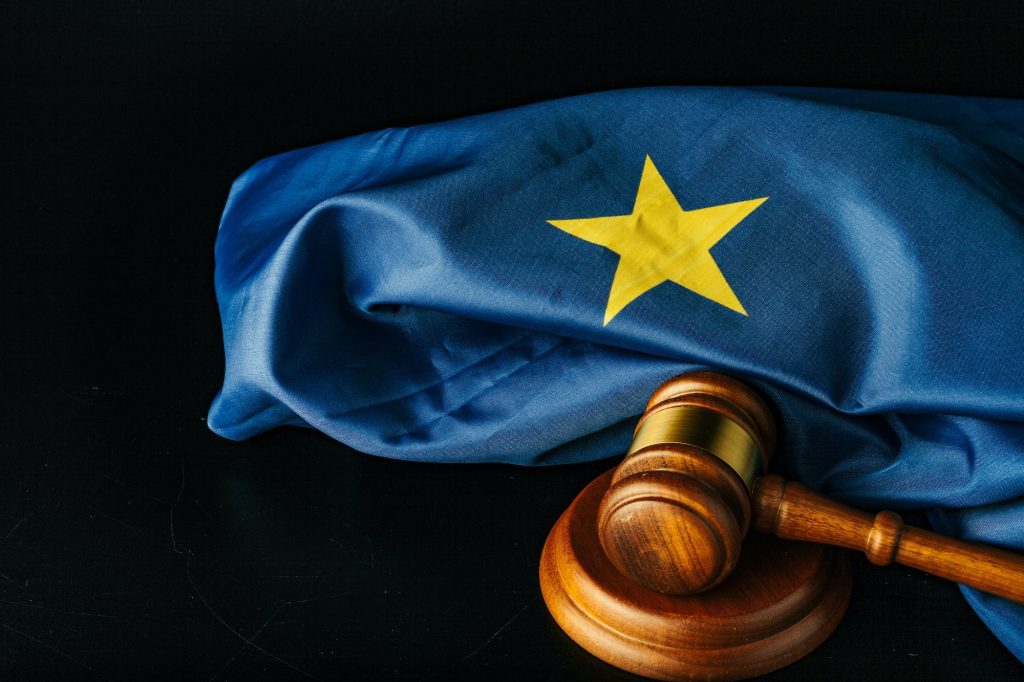EU court rules against Apple’s tax deal and Google’s market practices
Apple was ordered to pay €13 billion in back taxes to Ireland for receiving unlawful state aid, while Google’s €2.42 billion fine for anti-competitive practices was upheld.

In a significant victory for European regulators, the EU’s top court upheld rulings against Apple and Google, marking key moments in the ongoing battle against Big Tech. Margrethe Vestager, the EU’s antitrust chief, has been at the forefront of efforts to challenge multinational companies benefiting from tax deals and engaging in anti-competitive behaviour. On Tuesday, the courts sided with her in two major cases involving Apple’s tax deal with Ireland and Google’s market practices.
The Apple case, which dates back to 2016, revolved around 13 billion euros ($14.4 billion) in back taxes. The European Commission argued that Apple’s arrangement with Ireland allowed the tech giant to pay an artificially low tax rate, at times as low as 0.005%. The Luxembourg-based Court of Justice agreed, confirming that Apple had received unlawful state aid and Ireland must recover the amount. Apple expressed disappointment, arguing that its income had already been taxed in the US and that the EU was attempting to change the rules retroactively.
Ireland, too, had challenged the ruling despite benefiting from the corporate taxes of large tech companies. The country’s low tax rates had attracted giants like Apple to establish European headquarters there. However, in a shift that signals broader changes in global tax policy, Ireland has since agreed to align with new international tax standards, even though its multinational tax take continues to grow.
On the same day, the European Court also ruled against Google in a separate antitrust case. In 2017, the European Commission fined Google 2.42 billion euros for abusing its market dominance by promoting its shopping service over smaller European rivals. Google appealed the decision but was met with a firm rejection. The court ruled that Google’s practices were discriminatory and did not constitute fair competition on the merits. Google, like Apple, voiced disappointment with the decision, though it claimed to have changed its business practices since the original ruling.
The ruling adds to the 8.25 billion euros in antitrust fines Google has accumulated in Europe over the past decade. The company continues to face scrutiny, with ongoing cases related to its Android operating system and AdSense advertising platform and an investigation that could lead to selling parts of its adtech business.
Why does this matter?
The decisions against Apple and Google reflect a broader movement within Europe to challenge the power of Big Tech. These cases are part of a growing trend where governments seek to hold multinational companies accountable for their tax practices and market behaviours. Other major corporations, such as IKEA and Nike, are also under investigation for their tax arrangements as regulators across the globe attempt to reshape the corporate landscape and foster a fairer competitive environment.
